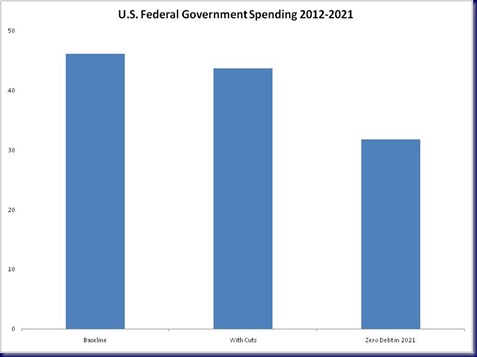Growth theory teaches us a few things.
- Growth through accumulation of capital is possible, but it has its limits.
- Differences in per capita income across regions are too large to result from differences in capital. It must be differences in technology.
- What people call high technology (e.g., cellphones) is transmitted easily across borders, and is unlikely to explain differences in per capita income across regions.
- This leaves what I call “low technology” — that doesn’t transmit easily — to be the source of differences in per capita income across regions.
But what is low technology? Take a look at this video to get an idea:
This is a professional portrayal of the metaphor I use in class every semester: what would someone from a remote area of a developing region do if they were (benevolently) kidnapped, blindfolded, transported to the center of a Wal-Mart … and then told to shop? Would they even know where to begin? If the answer is no, it’s because of differences in low technology.
Via Kottke.


